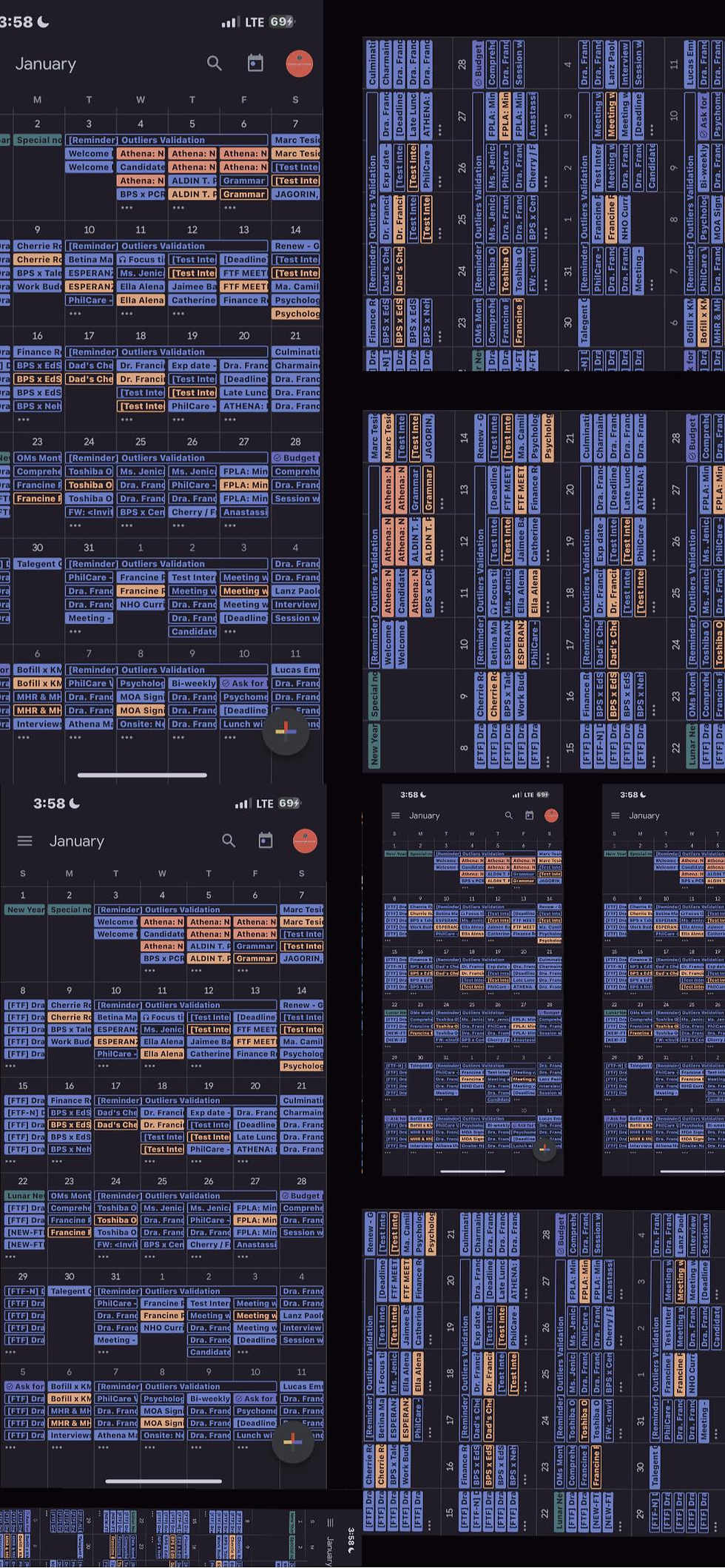"You Don’t Have To Be Productive During The Pandemic."
- Kemuel Tamayo
- Nov 10, 2021
- 3 min read
Updated: Nov 17, 2021
It was a normal day. I was sitting with my friends in our usual lunch spot, waiting for our next class when the announcement came. The mayor has declared a one-week suspension of classes due to the rise of COVID-19 cases. There were only 20 cases in the country that day, but I haven’t been with my friends since. The one-week suspension was extended and at a certain point, I realized it would last a while. I made a to-do list of everything I want to accomplish during the quarantine: books I want to read, series I want to watch, things I want to learn. A year and a few months later, only one item on my list is crossed out.
Now we’re working, taking classes, and meeting with people via zoom at our own homes. We don’t spend time commuting anymore nor do we have to rush our food during lunch break. Groceries and other essential items may be delivered directly to your home. The pandemic has given us plenty of time and it’s normal for us to think of how we could be productive during this season. But why have I only crossed out one item from my list? It turns out that being productive amid the pandemic is not as easy as it sounds. We do have a lot of time but there are other factors that contribute to our productivity. If you’re feeling less productive these days, here’s what you should know.
Mental Health Plays a Huge Role in Your Productivity
The isolation and constant threat of the COVID-19 have led to the increase and prevalence of mental health issues. Mental health problems may also affect the energy, concentration, and performance levels of an individual. It affects the way you feel that even mild anxiety or depression can impact your productivity. Racing thoughts are common with people living with anxiety which leads to less time actually doing things since time was spent on your thoughts (Barbash, 2019). Depression, on the other hand, has been associated with impaired productivity as well as reduced work functioning (CDC, 2019).
Don’t Feel Guilty, It’s Called Collective Pain
You may be living in the comfort of your home with all the resources you need to work or take classes and you may be well-fed or financially stable and yet, still be not okay. Aside from the individual pain that we go through due to the pandemic such as missing our families and friends, losing jobs, or struggling to make ends meet, we may also experience collective pain (Laporte, 2017). The ongoing crisis, the deaths, the struggles of those who lost their jobs, the call for help of those who couldn’t pay for their hospital bills, etc., contribute to the collective pain that you experience. You might feel guilty for going through mental health struggles knowing that these things are happening to other people, but the thing is, someone is always going to have a worse situation than you have and it’s human to be affected by them.
You Don’t Have To Be Productive When You’re Living Through a Pandemic
Living through a pandemic means having a constant threat to your health, dealing with social isolation, systemic inequalities, and having financial or work uncertainties. Therefore, you cannot expect yourself to function at your peak. Setting an unrealistic expectation of being 100% productive would cause overwhelming pressure, stress, and frustration. Living through a pandemic is enough for itself, there is no need to add the stress of being extra productive. As the social psychologist, Devon Price said in his book Laziness Does Not Exist, “There is no morally corrupt, slothful force inside us, driving us to be unproductive for no reason. It’s not evil to have limitations and to need breaks”.
Coping With Less Productivity
As you become aware of your mental health, it’s important to cope with lower productivity. Allow yourself to ease your workload and slow down. If your coping mechanisms are socializing, going to the gym, or eating at your favorite restaurant, try to find new coping mechanisms. While it is good to be informed about current events, consider taking a break from the news and social media, especially if it gives rise to your anxiety (Fuller, 2019). The next time that you find yourself being less productive than you think you should be, remember that taking care of yourself is still your top priority, and know that you are not going through this alone.
References:
Barbash, E. (2019). Worrying: A Waste of Time and Energy. Retrieved from https://www.psychologytoday.com/us/blog/trauma-and-hope/201901/worrying-waste-time-and-energy
Centers for Disease Control and Prevention. (2019). Mental Health in the Workplace. Retrieved from https://www.cdc.gov/workplacehealthpromotion/tools-resources/workplace-health/mental-health/index.html
Laporte, D. (2017). Are You Feeling Collective Pain? Here’s How to Manage that. Retrieved from https://collectivehub.com/2017/05/are-you-feeling-the-collective-pain-heres-how-to-manage-that/
Fuller, K. (2019). Social Media Breaks and Why They Are Necessary. Retrieved from https://www.psychologytoday.com/us/blog/happiness-is-state-mind/201907/social-media-breaks-and-why-they-are-necessary




Comments